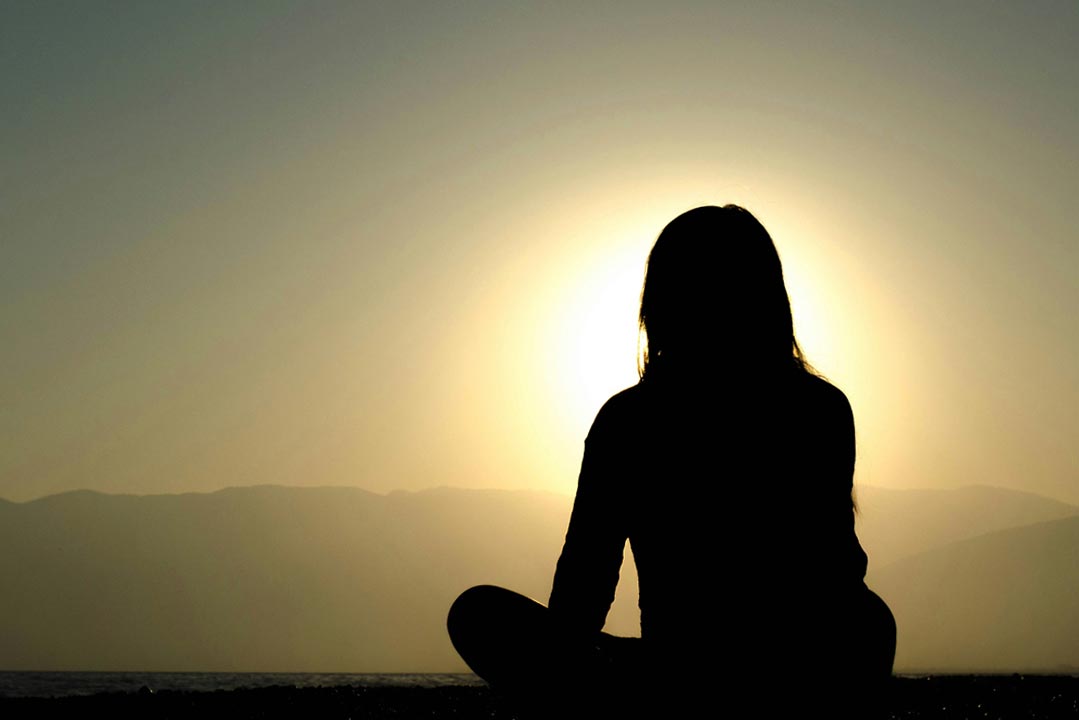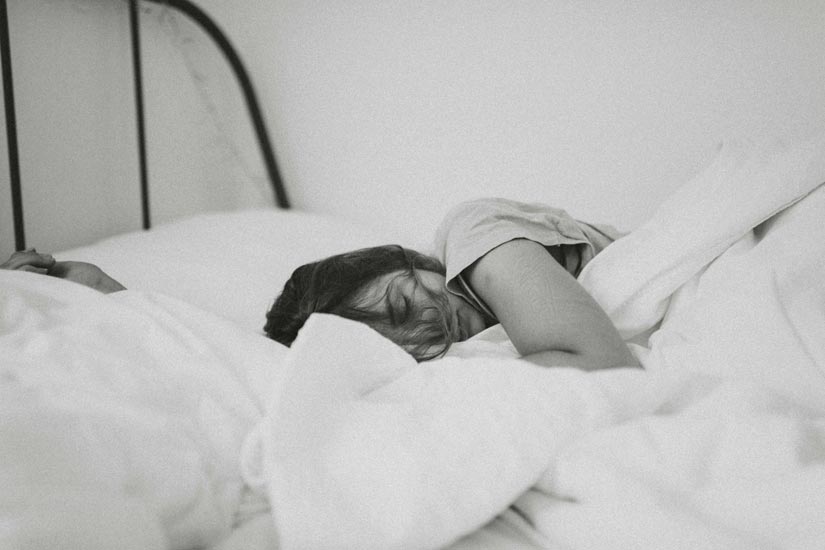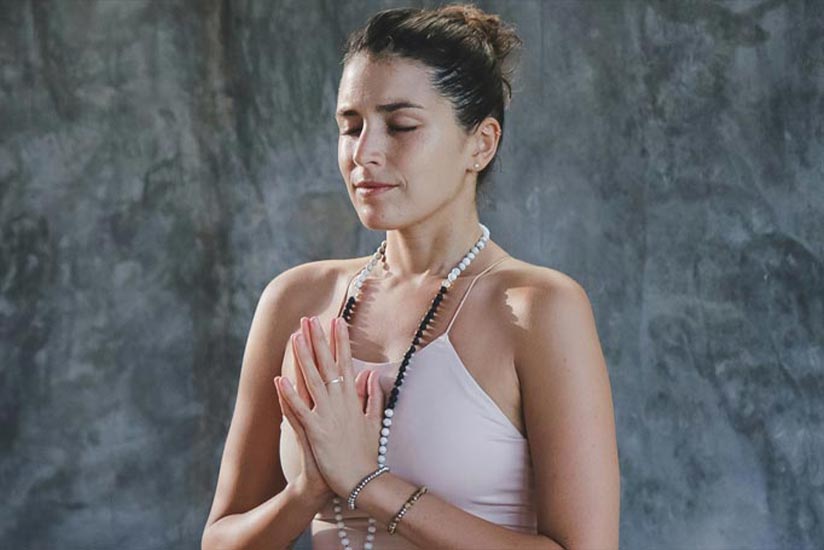Feeling Anxious? Try This Before You Reach for Medication
Anxiety is something many of us face, and it can feel overwhelming. Whether it’s racing thoughts, a tightening chest, or a sense of unease, anxiety can take a toll on our mental and physical health. But the good news is, there are proven methods that can help. Here are five powerful strategies to reduce anxiety and regain control of your life.
1. Practice Mindfulness Meditation

Mindfulness meditation is one of the most effective ways to manage anxiety. By focusing on the present moment, you can reduce the power that anxious thoughts have over you. Studies have shown that mindfulness can decrease anxiety and improve overall mental well-being. A consistent meditation practice helps retrain the brain to react differently to stress.
2. Exercise Regularly

Exercise is a powerful anxiety-relief tool. Physical activity releases endorphins—your brain’s natural feel-good chemicals—which can elevate your mood and reduce stress. Even just 20-30 minutes of moderate exercise, such as brisk walking, can lower your anxiety levels significantly. It also promotes better sleep, which is essential for anxiety management.
3. Limit Caffeine and Alcohol

What you put into your body can have a big impact on your anxiety. Caffeine, often found in coffee, energy drinks, and sodas, can exacerbate anxiety symptoms by increasing your heart rate and causing jitteriness. Similarly, while alcohol might seem to calm you down initially, it can interfere with your sleep and increase anxiety over time.
4. Establish a Relaxing Sleep Routine

Getting enough sleep is crucial for reducing anxiety. A lack of sleep can make it harder to manage stressful situations, while a regular sleep schedule helps your body and mind recover. Aim for 7-9 hours of restful sleep each night by creating a calming bedtime routine—like taking a warm bath, avoiding screens, and practicing relaxation techniques.
5. Deep Breathing Exercises

When anxiety strikes, it can make breathing shallow and rapid, which exacerbates the feeling of panic. Deep breathing exercises can help reverse this response. Techniques like diaphragmatic breathing—where you breathe deeply into your belly—can trigger your body’s relaxation response, calming your mind and reducing anxiety symptoms.
Dealing with anxiety can feel challenging, but by incorporating these proven strategies into your routine, you can take back control. Remember that everyone's journey with anxiety is different, so be kind to yourself as you experiment with what works best for you. With a little persistence, you can find peace and balance in the chaos.
For more empowering self-love content and natural wellness tips, stay connected with us at @SundayMorningView.









